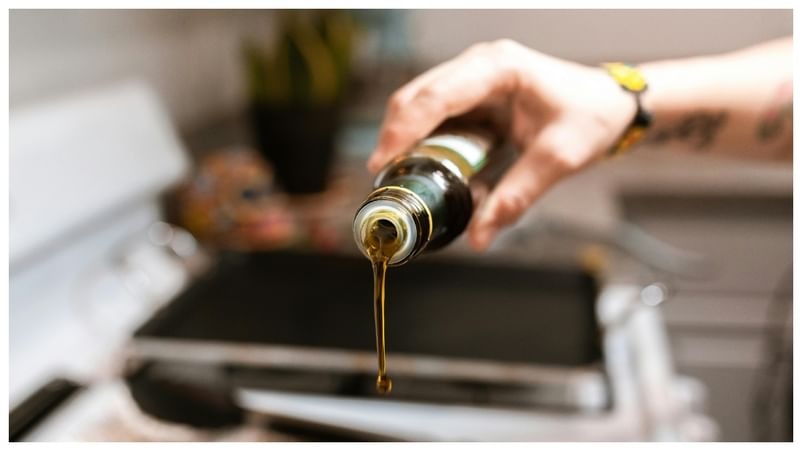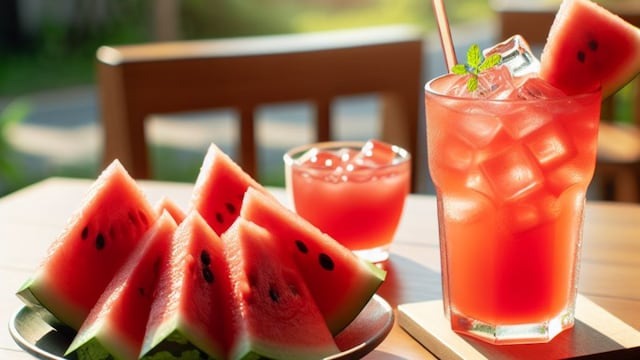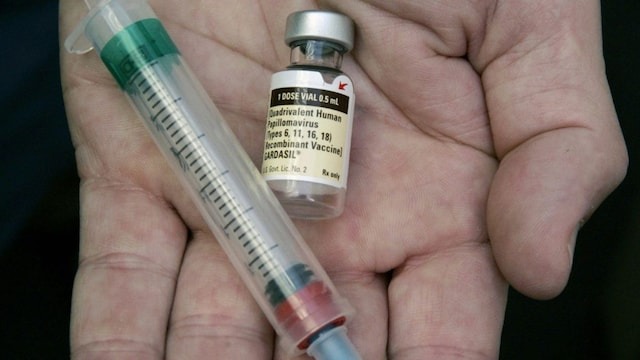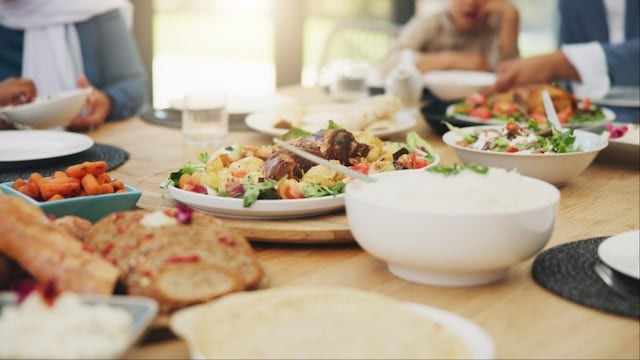
New Delhi: Obesity is fast becoming a major health concern, driven by poor lifestyle choices and unhealthy diets. With busy schedules, many people opt for convenience over nutrition, increasing their risk of diabetes, heart disease, and obesity-related complications.
Recognizing this growing issue, Prime Minister Narendra Modi, in his ‘Mann Ki Baat’ address, emphasized the importance of healthy eating habits, particularly reducing oil consumption to combat obesity.
Expert Insights on Obesity & Diet
Dr. Saswata Chatterjee, Consultant – Gastro Science at CMRI Kolkata, highlighted:
“Obesity is a growing health crisis in India, with nearly one-third of urban populations meeting obesity criteria. PM Modi rightly pointed out that cutting edible oil consumption by just 10% can significantly benefit long-term health.”
Key health risks associated with obesity:
Diabetes & hypertension
High cholesterol & heart disease
Increased risk of cancer & metabolic disorders
Healthy oil consumption is crucial – Replacing saturated fats with healthier unsaturated fats and reducing overall intake can curb obesity and improve gut health.
How Much Oil Should You Use?
Dr. Shrey Kumar Srivastav, Senior Consultant at Sharda Hospital, suggests using oil wisely based on cooking methods:
Sauteing: 1-2 teaspoons per serving
Stir-frying: 1-2 tablespoons per pan
Deep-frying: Just enough to submerge food (reuse oil wisely)
Baking: ¼ to ½ cup (or use alternatives like applesauce)
Pro Tip: Using non-stick cookware can help reduce oil consumption without compromising taste.
Best & Worst Cooking Oils: What You Should Know
Best Oils for Cooking (Healthy Choices)
Olive Oil (Extra Virgin): Rich in antioxidants, ideal for dressings & low-heat cooking.
Avocado Oil: High smoke point, perfect for frying & sautéing.
Canola Oil: Low in saturated fat, good for baking & frying.
Coconut Oil: Contains MCTs (medium-chain triglycerides), but should be used in moderation.
Ghee (Clarified Butter): Great for high-heat Indian cooking, with beneficial fats.
Worst Oils for Cooking (Avoid These!)
Hydrogenated/Partially Hydrogenated Oils: Found in margarine & processed foods, linked to heart disease.
Vegetable Oils (Soybean, Corn, Cottonseed): Highly processed, may contain unhealthy omega-6 fats.
Palm Oil: Often heavily refined & environmentally unsustainable.
Final Thoughts: Small Changes, Big Impact
Reducing oil intake and choosing heart-friendly oils can go a long way in preventing lifestyle diseases.
Balanced nutrition, portion control, and mindful eating are key to maintaining a healthy weight and overall well-being.
As PM Modi emphasized, making small dietary changes today can lead to a healthier tomorrow. So, let’s choose our oils wisely and prioritize our health!

 Desk
Desk Share
Share






